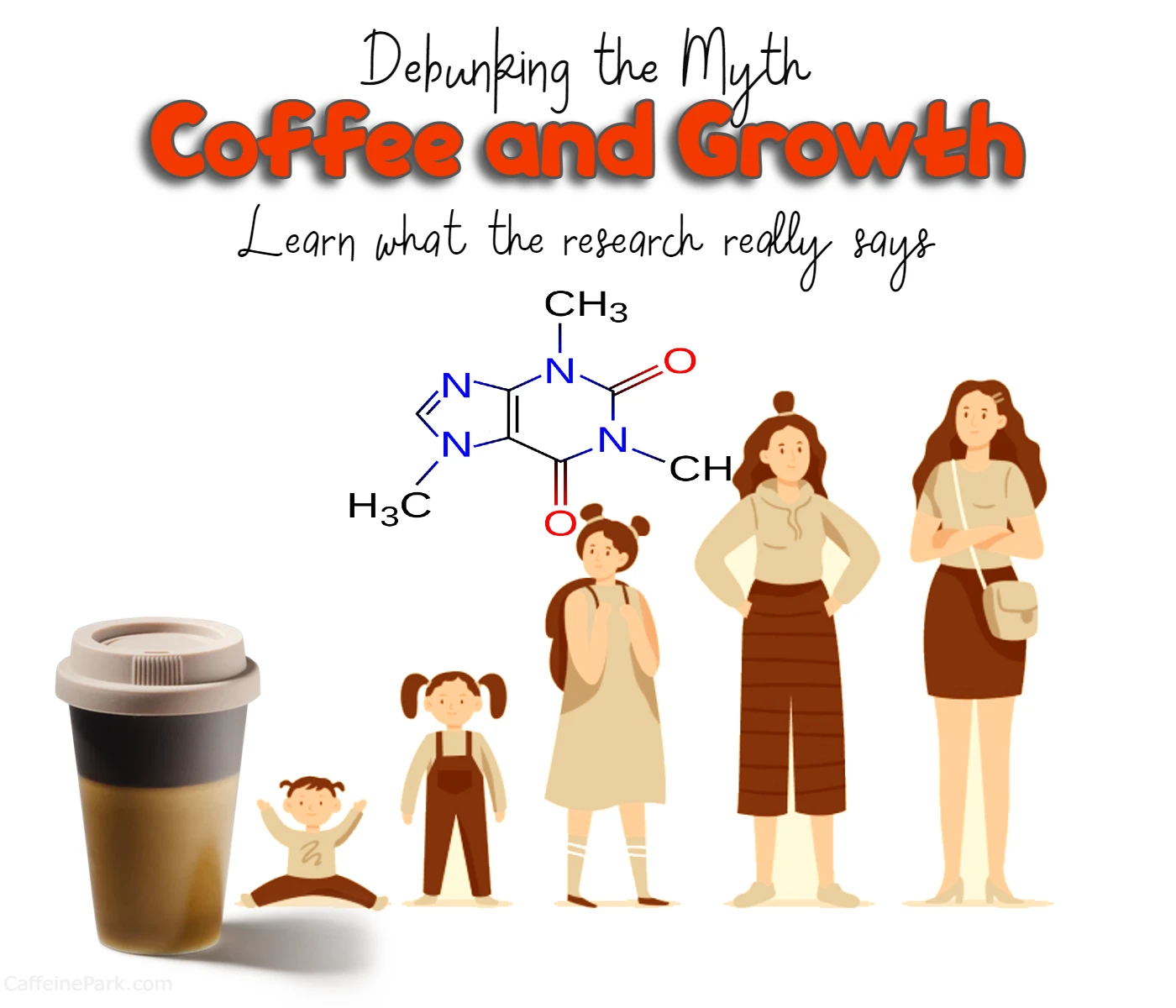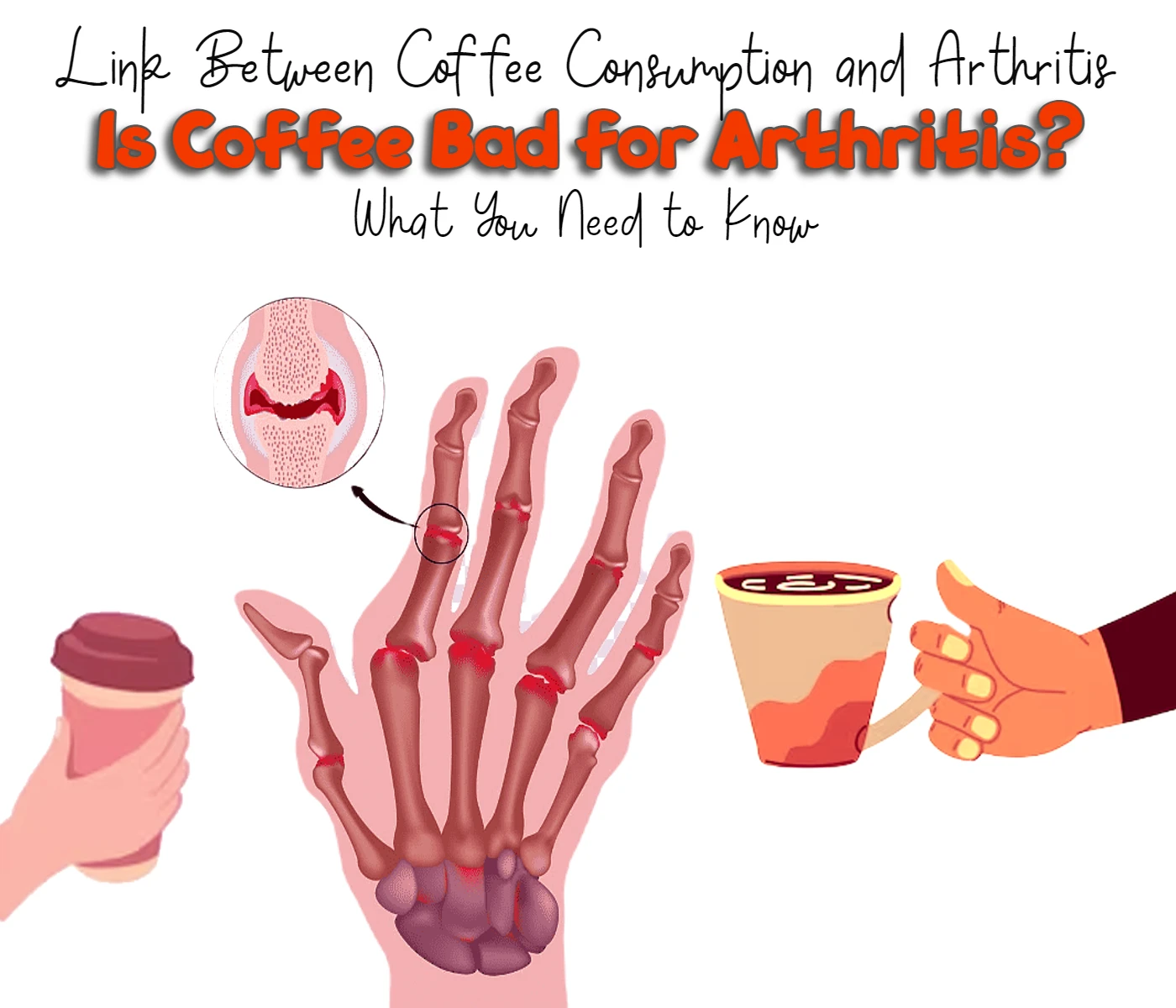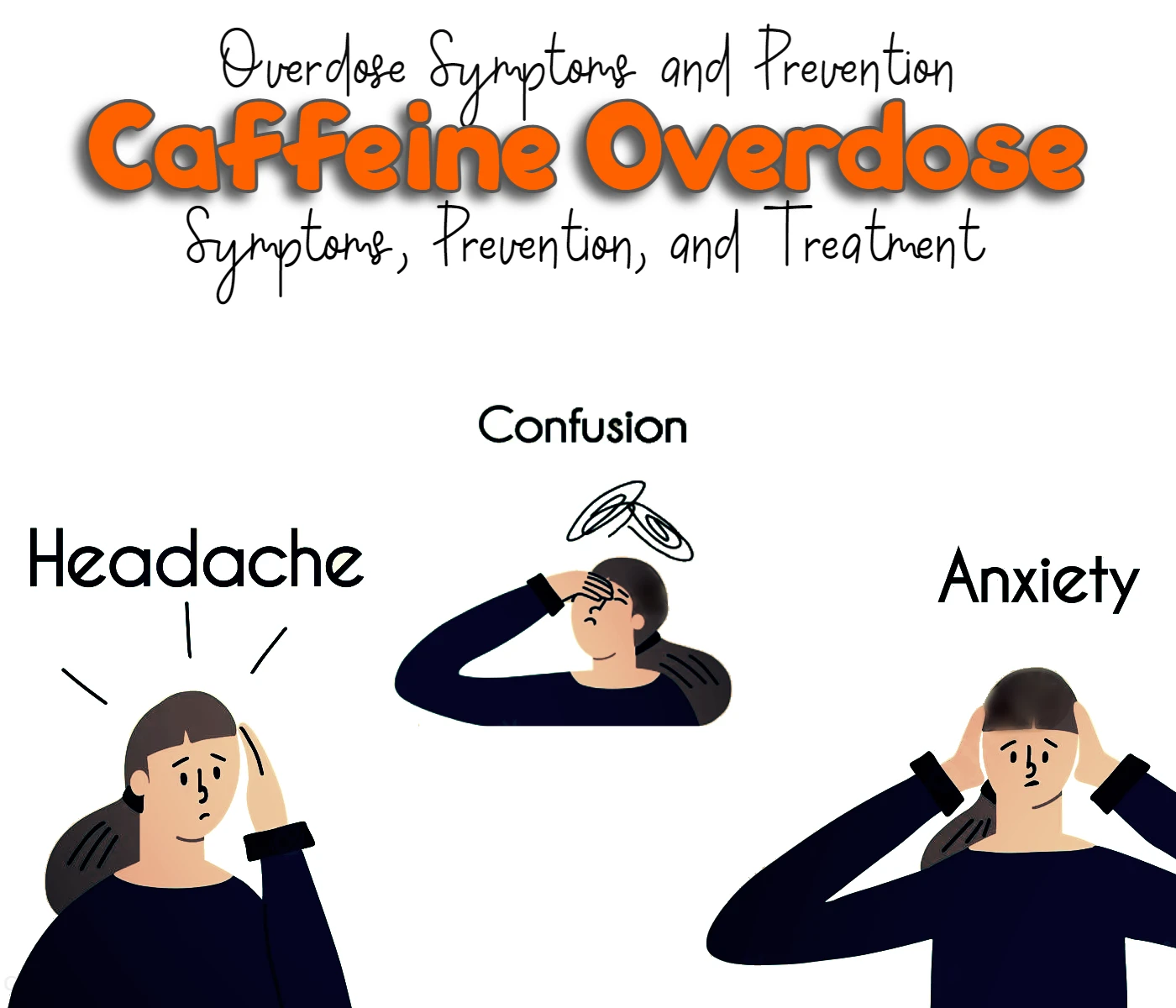Does Coffee Stunt Your Growth

Hey there! Are you a coffee lover who’s worried that your favorite beverage might be stunting your growth? If so, you’re not alone. This is a common myth that’s been around for a long time, but the truth is, there’s no scientific evidence to support it.
In fact, studies have consistently found no link between caffeine consumption and stunted growth in children and adolescents. While caffeine is a stimulant that can temporarily increase heart rate and blood pressure, there’s no reason to believe that it will interfere with your body’s natural growth processes. So, you can enjoy your morning cup of coffee without worrying that it will impact your height.
Of course, this doesn’t mean that coffee is completely harmless for kids and teens. Caffeine is a psychoactive substance that can affect mood, attention, and sleep, and too much of it can be problematic for young people. However, in moderation, coffee is unlikely to have a significant impact on bone health or other aspects of growth and development. As with any dietary choice, it’s important to be mindful of your caffeine intake and any other health considerations that may be relevant to you. If you have concerns, it’s always a good idea to talk to your doctor or a registered dietitian. So, go ahead and enjoy your cup of coffee – it’s not going to stunt your growth!
Let’s take a closer look at why this myth exists and what the research actually says about coffee and growth.
The Myth of Coffee Stunting Growth
The idea that coffee can stunt your growth likely stems from the fact that caffeine is a stimulant that can temporarily increase heart rate and blood pressure. Some people have speculated that these effects could interfere with the body’s natural growth processes, particularly in children and adolescents.
However, there’s no real evidence to support this claim. In fact, many studies have looked at the relationship between caffeine intake and height in children and adolescents, and the results have been consistently negative. That is, there doesn’t appear to be any link between caffeine consumption and stunted growth.
Of course, this doesn’t mean that coffee is completely harmless for kids and teens. Caffeine is a psychoactive substance that can affect mood, attention, and sleep, and too much of it can be problematic for young people. However, there’s no reason to believe that it will stunt their growth.
What the Research Says About Coffee and Growth
While there’s no evidence to support the idea that coffee stunts growth, there have been some studies that have looked at the relationship between coffee consumption and bone health.
One concern is that caffeine can interfere with the body’s ability to absorb calcium, which is essential for building strong bones. However, the research on this topic has been mixed.
Some studies have suggested that high caffeine intake may be associated with lower bone mineral density, particularly in older adults. However, other studies have found no such link. It’s worth noting that most of the research in this area has been done in adults, so it’s unclear whether the same effects would be seen in children and teens.
Overall, it’s probably safe to say that moderate coffee consumption is unlikely to have a significant impact on bone health in most people. However, if you’re concerned about your bone health, it’s always a good idea to talk to your doctor or a registered dietitian.
Other Health Considerations
While coffee may not stunt your growth, there are other health considerations to keep in mind if you’re a coffee drinker.
For one thing, caffeine is a stimulant that can interfere with sleep. If you’re sensitive to caffeine or drink coffee late in the day, it could make it harder to fall asleep or stay asleep at night. This can have a negative impact on your overall health and well-being.
In addition, coffee can be a source of empty calories if you drink it with lots of sugar and cream. If you’re trying to maintain a healthy weight or improve your diet, it’s important to be mindful of the calories and added sugars in your coffee beverages.
Finally, some people may experience digestive issues or other unpleasant symptoms if they drink too much coffee. If you’re experiencing negative side effects from coffee, it may be a good idea to cut back or switch to a lower-caffeine beverage.
The Bottom Line
The bottom line is that there is no scientific evidence to support the claim that coffee can stunt your growth. While caffeine is a stimulant that can temporarily increase heart rate and blood pressure, there’s no reason to believe that it will interfere with your body’s natural growth processes. Studies have consistently found no link between caffeine consumption and stunted growth in children and adolescents.
However, this doesn’t mean that coffee is completely harmless for kids and teens. Caffeine is a psychoactive substance that can affect mood, attention, and sleep, and too much of it can be problematic for young people. It’s important to be mindful of your caffeine intake and any other health considerations that may be relevant to you. If you have concerns, it’s always a good idea to talk to your doctor or a registered dietitian.
In moderation, coffee is unlikely to have a significant impact on bone health or other aspects of growth and development. So, go ahead and enjoy your morning cup of joe without worrying that it will stunt your growth. Just remember to listen to your body and make choices that support your overall health and well-being.
Facts
Some key facts about the relationship between coffee and growth:
- There is no scientific evidence to support the claim that coffee can stunt your growth.
- Studies have consistently found no link between caffeine consumption and stunted growth in children and adolescents.
- Moderate coffee intake (less than 400mg per day) is generally considered safe for healthy children and adolescents.
- Excessive caffeine consumption can be problematic for young people and may lead to jitteriness, anxiety, and other side effects.
- Caffeine can affect bone health, but the evidence is mixed, and moderate caffeine consumption is unlikely to have a significant impact on bone density.
Remember, if you have concerns about your caffeine intake or any other aspect of your health, it’s always a good idea to talk to your doctor or a registered dietitian. They can provide you with personalized advice based on your individual needs and circumstances.
Alternatives
If you’re looking for an alternative to coffee that won’t stunt your growth or interfere with your health, there are plenty of options to choose from. Here are a few ideas:
- Herbal tea: Herbal teas come in a variety of flavors and can be a great way to start your day without caffeine. Popular options include peppermint, chamomile, and ginger.
- Decaf coffee: If you love the taste of coffee but want to cut back on your caffeine intake, decaf coffee is a great option. Just be sure to choose a high-quality brand that uses a safe decaffeination process.
- Water: Sometimes, the simplest option is the best. Drinking plenty of water throughout the day can help keep you hydrated and energized, without any negative side effects.
- Fruit smoothies: Blend up some fresh or frozen fruit with a little yogurt or milk for a delicious and nutritious alternative to coffee. Add some protein powder or nut butter for an extra boost.
- Green tea: Green tea is a low-caffeine alternative to coffee that’s packed with antioxidants and other health benefits. It also has a subtle, earthy flavor that many people enjoy.
Remember, there’s no one-size-fits-all solution when it comes to finding an alternative to coffee. It’s important to listen to your body and experiment with different options to find what works best for you.
FAQs
No, there is no scientific evidence to support the claim that coffee can stunt your growth. Studies have consistently found no link between caffeine consumption and stunted growth in children and adolescents.
Some studies suggest that high caffeine intake may be associated with lower bone density, but the evidence is mixed. However, moderate caffeine consumption (less than 400mg per day) is unlikely to have a significant impact on bone health.
While excessive caffeine consumption can be problematic for young people, moderate coffee intake (one to two cups per day) is generally considered safe for healthy children and adolescents. However, it’s always a good idea to talk to your child’s doctor or a registered dietitian if you have concerns about their caffeine intake.
Yes, caffeine can affect mood, attention, and sleep, and too much of it can lead to jitteriness, anxiety, and other side effects. It’s important to be mindful of your caffeine intake and any other health considerations that may be relevant to you.
Read More:





